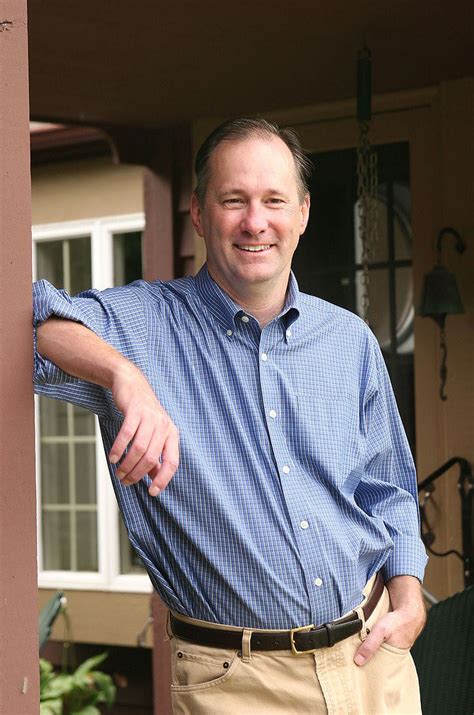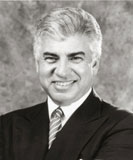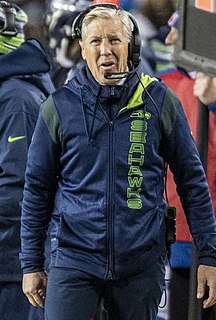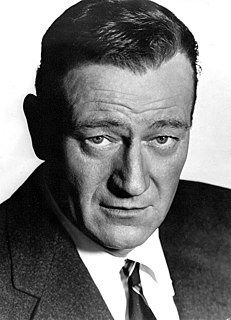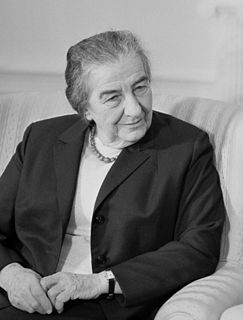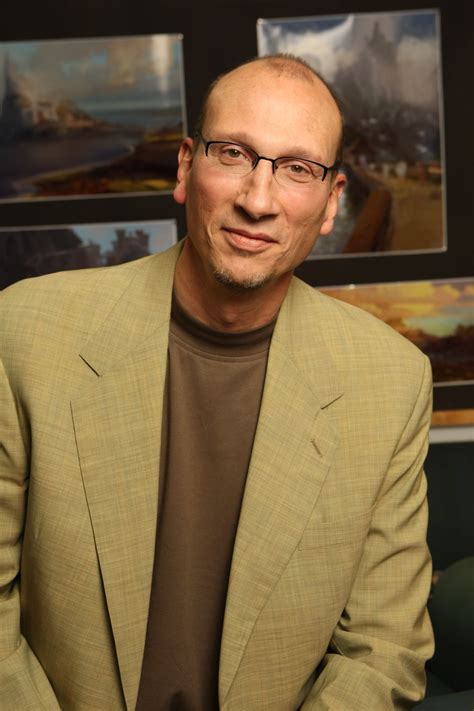A Quote by Harry Shearer
I think Nixon says a lot about those times. It was possibly hard, in the '90s and early 2000s to understand the grip of fear that communism had on the country in the 1950s and 1960s - a fear Nixon rode like a endless great wave on the Pacific to high office. I'm sure, though there's no evidence of it, one of the things that rankled him down deep was that it was called McCarthyism and not Nixonism.
Related Quotes
The president, apparently, was so totally unaware of where his foreign policy was that he had to appoint a distinguished commission to help him locate it, and when the commissioners called him in to testify, he told them, essentially, that he couldn't remember what it looked like. Now, if Richard Nixon had claimed something like that you would at least have had the comfort of knowing he was lying. You could trust Nixon that way. But with this president, you have this nagging feeling that he's telling the truth.
I've been doing Nixon pretty much my whole professional life. I was in this comedy group called the Credibility Gap in Los Angeles when he was president. I was doing Nixon on the radio, and when we did live shows I physicalized him - if that's a word - for the first time. And then I did a Nixon sketch on a very short-lived NBC show called Sunday Best.
I thought a lot about Nixon's personal history and the changes in America during his lifetime and tried to craft stories, which I thought reflected some of his personal history but also the backdrop of a changing America. Nixon grew up in a strict Quaker family. The idea of the American Dream, of hard work and not much fun, was ingrained in Nixon as a child, but curiously so was a love of music. Nixon himself was a pretty good piano player. So it's the contradictions that interest me, as I think we all have them.
I’ve learned that possibly the greatest detractor from high performance is fear: fear that you are not prepared, fear that you are in over your head, fear that you are not worthy, and ultimately, fear of failure. If you can eliminate that fear—not through arrogance or just wishing difficulties away, but through hard work and preparation—you will put yourself in an incredibly powerful position to take on the challenges you face.
Sure I wave the American flag. Do you know a better flag to wave? Sure I love my country with all her faults. I'm not ashamed of that, never have been, never will be. I was proud when President Nixon ordered the mining of Haiphong Harbor, which we should have done long ago, because I think we're helping a brave little country defend herself against Communist invasion. That's what I tried to show in The Green Berets and I took plenty of abuse from the critics.
I couldn't help but be struck that this guy I had thought was the embodiment of everything wrong with American politics, a lot of his domestic policy was mind-numbingly, head-spinningly to the left of Obama's. It was under Nixon that the EPA was created. It was under Nixon that OSHA was created. Under Nixon that the Clean Air and Clean Water Acts were passed.
I don't think the American people had a clear picture of either Nixon or me. I think they thought that Nixon was a strong, decisive, tough-minded guy and that I was an idealist and antiwar guy who might not attach enough significance to the security of the country. The truth is, I was the guy with the war record, and my opposition to Vietnam was because I was interested in the nation's well-being.

